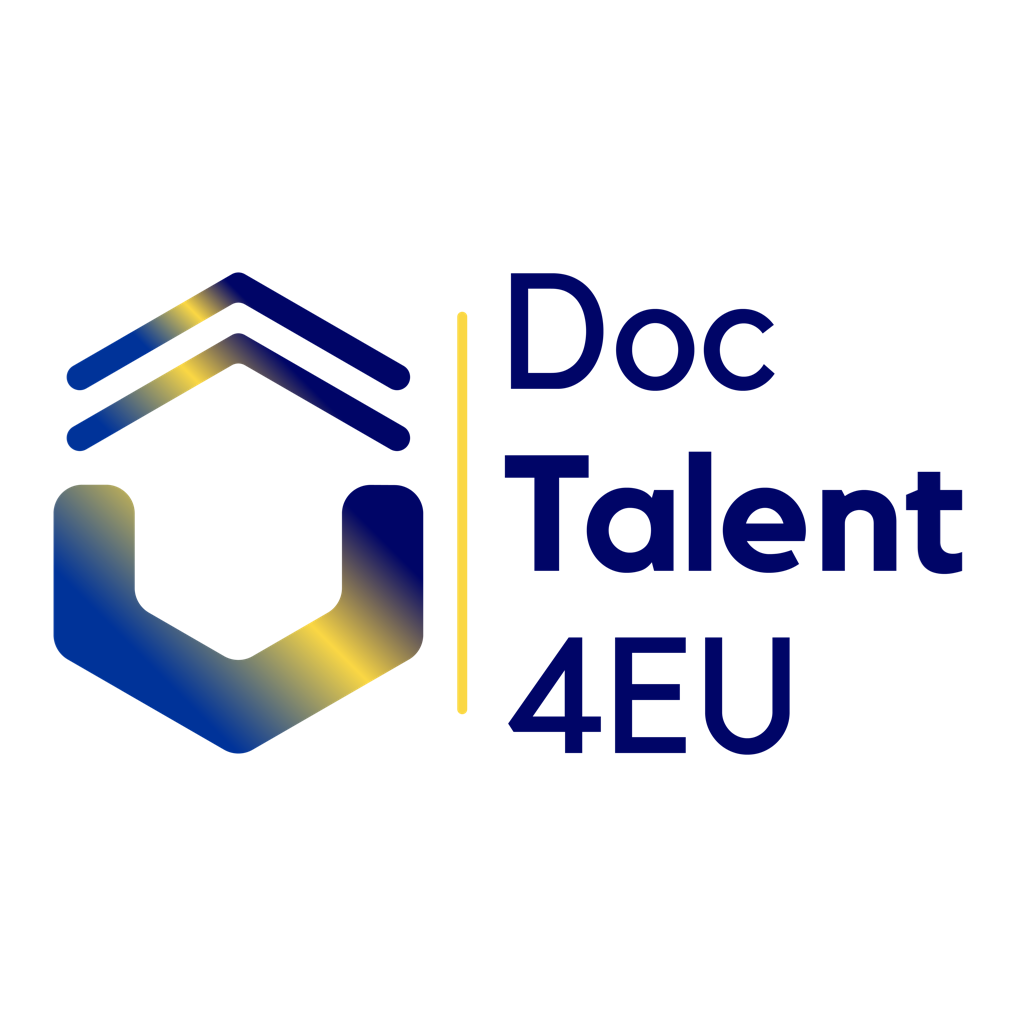Insights from the Report on current and future transversal skills needs
In today’s dynamic job market, PhD graduates are increasingly seeking opportunities beyond academia. However, navigating the transition from academic research to diverse professional roles requires a nuanced understanding of the transferable skills valued by employers. The DocTalent4EU project has shed light on the essential skills that bridge the gap between academia and industry.
The findings of the Report on current and future transversal skills needs reveal insights into the transferable skills landscape for PhD candidates. Here are the key takeaways:
- Thinking Skills and Competences: Among the most taught group of skills are thinking skills and competences, underscoring the importance of analytical prowess and critical thinking abilities for PhD candidates navigating complex professional environments.
- Collaboration in Teams and Networks: Employers across diverse sectors consistently emphasise the importance of collaboration in teams and networks, highlighting the value of interpersonal skills and the ability to work effectively in diverse, multidisciplinary settings.
- Self-Management Skills and Competences: Self-management skills, including working efficiently and taking a proactive approach, emerge as crucial competences for PhD candidates seeking to thrive in dynamic work environments and manage competing priorities effectively.
- Core Skills and Competences: Foundational skills such as effective communication, problem-solving, and adaptability are deemed essential by employers, underlining the significance of a well-rounded skill set for PhD candidates transitioning into non-academic roles.
The report also underscores the discrepancy between the skills emphasised in academic training and those in high demand by employers. While PhD programmes typically prioritise academic and research-oriented skills, the findings highlight the need for a more holistic approach to skills development, encompassing both technical expertise and transferable skills essential for professional success. Moreover, the report advocates for coordinated and targeted training initiatives to bridge the skills gap and enhance the employability of PhD candidates.
By aligning training programmes with the evolving needs of the job market and leveraging innovative approaches such as machine learning-based skill identification systems, PhD candidates are empowered to thrive in diverse professional environment.
Cover Image by wirestock on Freepik

